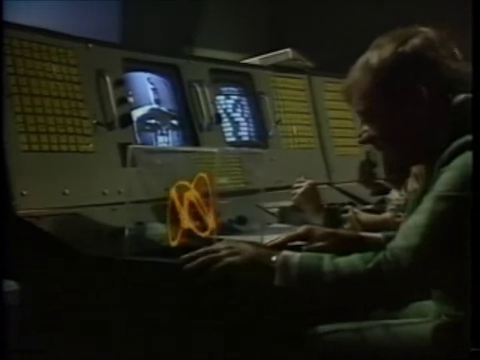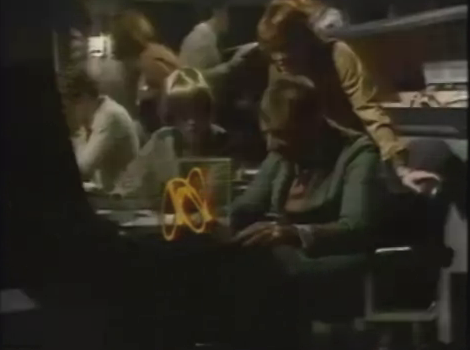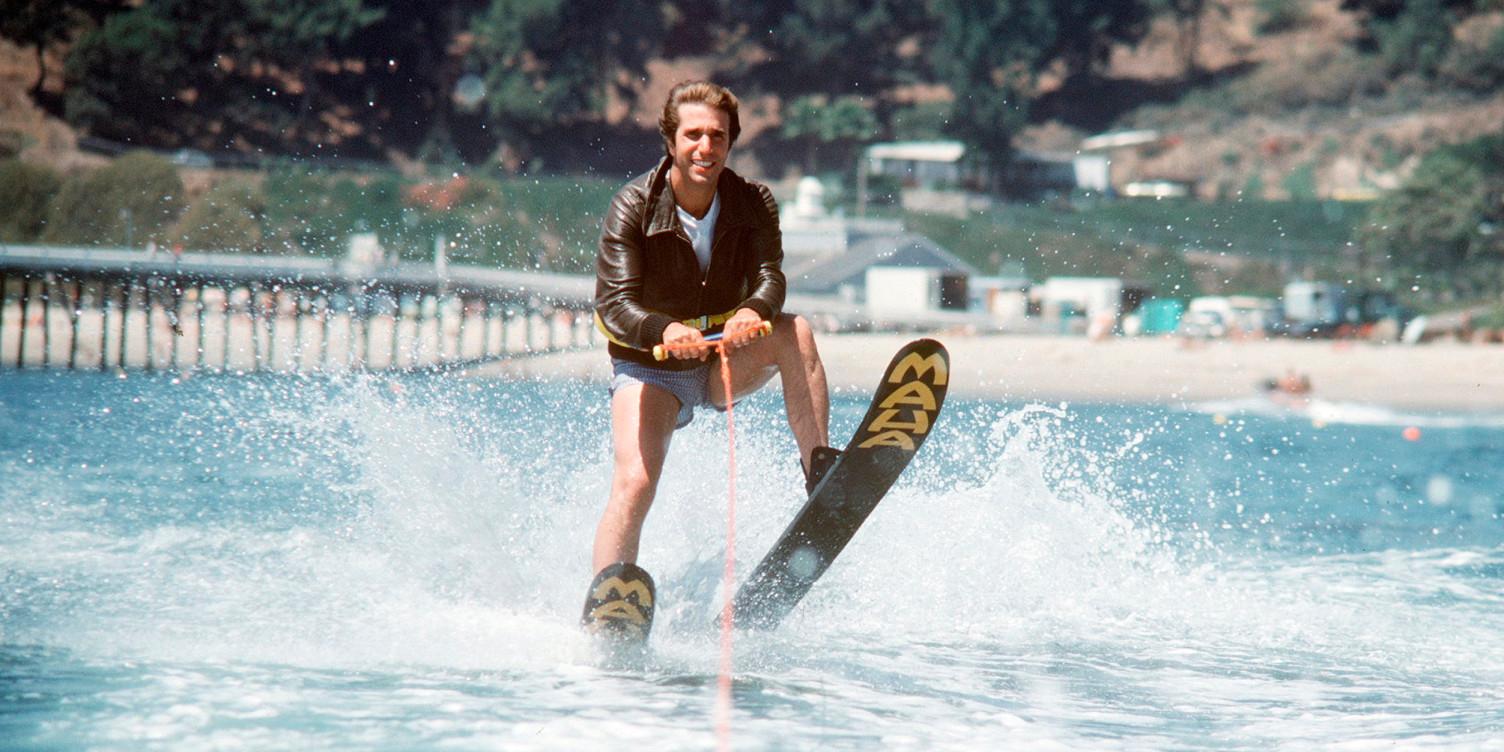The story of the film Nailed is a complicated one.
Not the story we see on-screen, mind you, which is straightforward if quirky: Alice, a waitress (Jessica Biel) gets a nail lodged in her head during a marriage proposal, goes a bit weird, and ends up fighting for better health insurance. No, the complicated part is the story of how the film got made. Or more specifically, one particular scene.
First, a bit of background. Nailed was shot by David O. Russell in 2008, and had endless financial problems at the hands of production company Capitol Films.1 Shooting was halted numerous times due to people not being paid, and eventually production ended with the film incomplete. In 2010, Russell finally walked from the project for good; the film was eventually sold on to a new company, finished without Russell’s involvement, and was released as Accidental Love in 2015 to piss-poor reviews. (With Russell’s name removed from the credits – the director was now the pseudonymous Stephen Greene.)
And here comes the bit I’m really interested in. Let’s take a look at the following Entertainment Weekly article: “The David O. Russell Film You Were Never Supposed to See” from February 2015, which details the original production of the film back in 2008:
“In the push and pull for control, producers held the film negatives hostage and postponed a crucial nail-gun scene – when the nail gets planted in Biel’s head – until the last day of shooting in an effort to maintain some leverage against Capitol’s perceived resolve to release an unpolished film. When one of the unions pulled the plug for good, the sequence had still not been shot. The film was left incomplete.”
This tale is backed up by producer Doug Wick, who is quoted as saying the following in this article in Collider, back in August 2012 – before the film was even finished and released:
“…oddly enough the last scene that we had scheduled – partly because we thought this way [the financier will] have to finish the movie – is the scene where Jessica Biel gets a nail in her head. That’s why it’s called Nailed, she doesn’t have insurance and she can’t get the nail out. So the last two days were getting the nail in her head, and we shut down so we didn’t have the final scene that was the scene that was the premise of the movie. There was no way to cut the movie together without that scene, so I don’t know what he was thinking by shutting us down then. At that point everybody was like, ‘We can’t cut the movie together, there isn’t a movie.’ And then he never came through with the rest of the money.”
All very interesting. So, you may be wondering, how did they actually manage to release the film without that crucial scene?
Capitol Films was owned by David Bergstein, who as of 2019 is serving an eight year jail sentence for fraud on an unrelated matter. ↩



